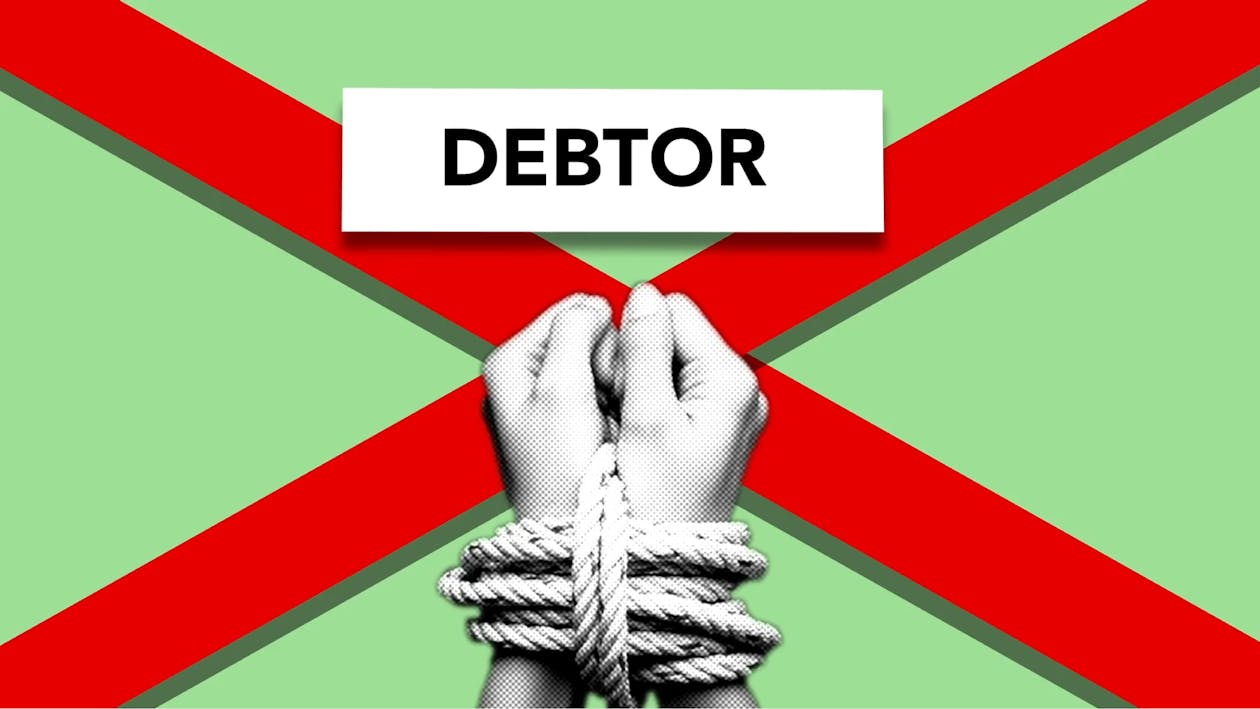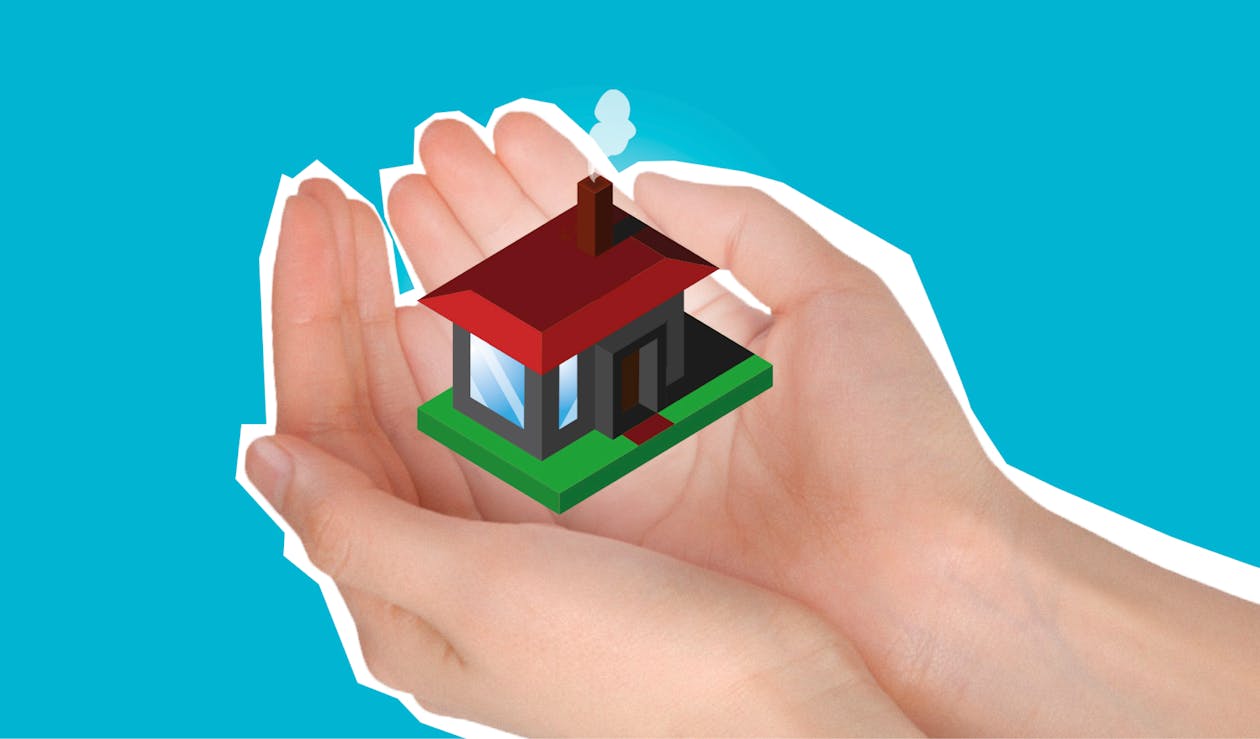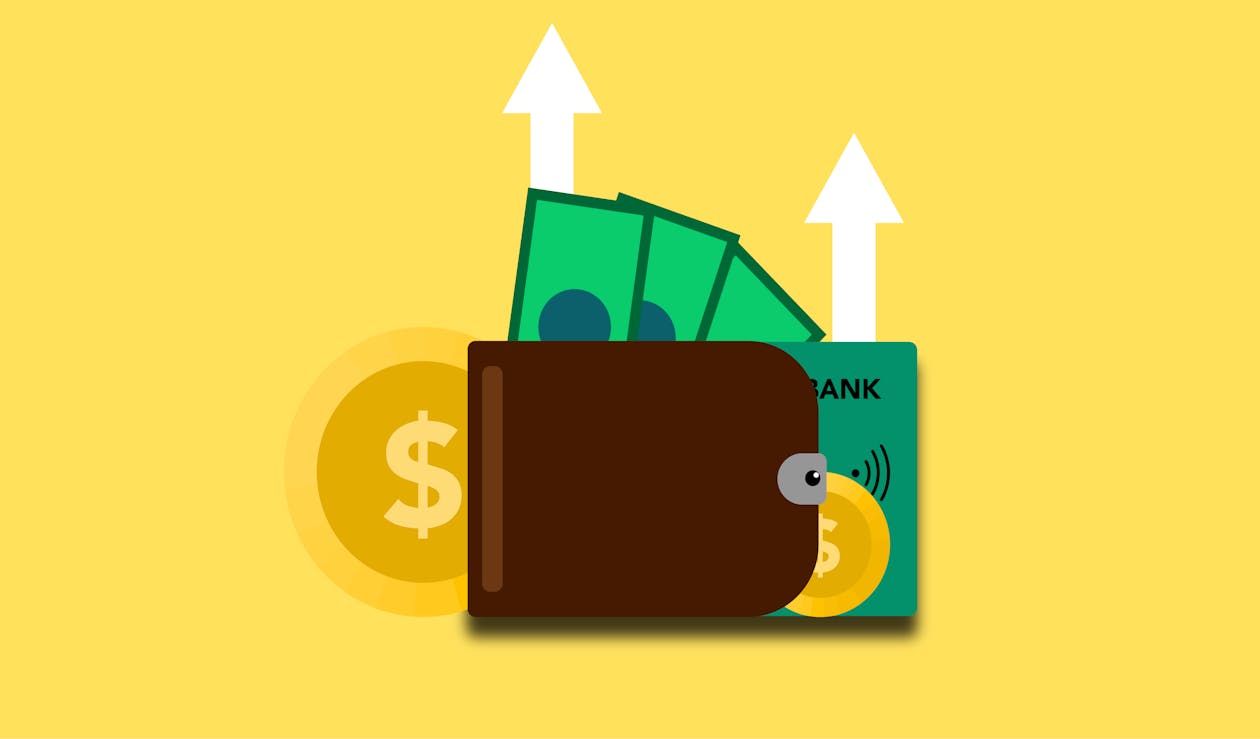
While both completing college and purchasing a home are significant life achievements, student loan debt can make the two seem unattainable. Fortunately, it is still possible to achieve the dream of homeownership by learning how to manage your loan debt in relation to a mortgage.
Read on to find out how student loans affect the mortgage application process and get advice on buying a property with a student loan debt.
Does Student Loans Affect Buying A House?
Mortgage lenders see student loan debt in the same light as other forms of consumer debt, such as auto and credit card loans. Thus, having one won’t prevent you from getting a mortgage and buying a house.
The monthly payment you make on all of your debts, including student loans, will be taken into account by the mortgage lender when determining if you qualify for a loan. The lender will determine your eligibility for the new loan and the interest rate based on your circumstances.
Before applying for a mortgage, you should calculate how much of a percentage of your salary will go toward paying off your student loans and how much will go toward paying off the mortgage. If you have existing debts, you must ensure that you can meet all of your monthly payment responsibilities with your present income.
How To Buy A House With Student Loan Debt

If you’re asking yourself questions like “Can I buy a house with student loan debt?” you are not alone. However, just because you’re still making payments on your student loans does not mean you can’t buy a house. Using the tips below, you can still reach this goal with careful financial planning.
Improve Your Credit Score
Improving your credit score by decreasing your debt to income ratio is a great way to increase your chances of qualifying for a home loan. There are several aspects that a lender will consider when deciding whether or not to grant you a loan, but one of the most crucial is your debt to income ratio. They want to ensure you can afford the additional mortgage payment on top of your other obligations, including your student loans.
Reduce your outstanding bills, such as those for credit cards and student loans. Even a modest decrease in balances might help shift the odds in your favor. Supplementing your income with a second job, side hustle, or freelance employment is another option for lowering your DTI.
The most exciting aspect of buying a house is going house hunting, but before you do that, you need to get preapproved for a mortgage loan. A preapproval letter from a lender will tell you how much loan you are likely to be approved for. A preapproval letter from a lender also sends a message to sellers that you’re serious about buying a house, which might offer you an advantage over other buyers.
Figure Out How Much Home You Can Afford
While you probably have some idea of the type of house you’d want, it will be easier to find the perfect one if you prioritize factors like floor area, neighborhood, and accessibility. Consider how much of a down payment you can make and how long you need to pay for the mortgage loan. Moreover, consider whether or not you want a fixed interest rate to make house ownership a realistic goal.
Adjust Your Budget
Look for ways to cut your expenditure to save enough down payment and other costs involved with purchasing a property. Is it possible to reduce spending on necessities like housing, groceries, transportation, and leisure activities?
The success of your savings strategy depends on your ability to track your progress and draw motivation from it. Leave no expense unaccounted for. All the money you can save is helpful.
Minimize Your Student Loan Debt
Consider what options are available to help you better manage your student debt. The two most common ways of lowering student loan interest rates are consolidation and refinancing. It may help you save money in the long run by reducing the cost of the loans and your monthly payment.
In addition to determining methods to reduce your student loan payments, you should focus on paying off other forms of debt, such as credit cards and auto loans. Depending on your financial circumstances, you may wish to pay off your credit card amount sooner or look into moving the balance to a card with a 0% annual percentage rate.
Find A Co-Borrower
Buying a property together may be beneficial for those who know someone who would like to escape the perpetual cycle of renting, whether a close friend or a family member. In this circumstance, they would become your co-borrower.
Both of your earnings and credit report will be considered. Suppose both of your financial situations are good. In that case, you may be offered more favorable terms, such as a cheaper interest rate, an easier approval procedure, or a larger loan amount. On the other hand, this might prove unhelpful if their financial situation is unstable.
Additionally, you can combine your money for a larger down payment. It will reduce your monthly mortgage payment and save you a ton of money on interest throughout the loan.
Which Should You Do First: Buy A House Or Pay Off Student Loan Debt?

There are several considerations to ponder before making such a substantial financial commitment. Each person’s financial circumstances are unique, so there may be instances when it’s more sensible to prioritize paying off student loans. Similarly, there are situations when it may be advantageous to acquire a property.
Before deciding whether or not to buy a home or pay off your student debts, you must carefully consider your financial situation. The following discussion will focus on the circumstances in which borrowers would be best served by repaying student loans or buying a house.
Paying Off Your Student Loans: When to Prioritize It
Some circumstances may make it more important to prioritize paying off student debt. These instances may include:
You Have A High Debt To Income Ratio
After graduating, it may be difficult to buy a home if your debt to income ratio is too high. While specific guidelines may differ by lender, in most cases, a DTI of more than 43% will prevent a borrower from receiving a mortgage. But if you wait until your credit card debt is paid off or your outstanding student loan balance is smaller, mortgage lenders may offer you more advantageous interest rates.
You Have No Emergency Fund
If you aren’t financially prepared for the unexpected, then it isn’t the proper time to buy a home, even if you can afford the monthly mortgage and decent down payment. If you’re considering buying a house, it’s in your best interest to be prepared for the obligations and uncertainties that come with it.
Before you purchase a property, it’s a good idea to set aside some money in case of an emergency. If you don’t, you could hold off on making a purchase. It is by no means mandatory, but it is a solid guideline to follow.
You Are Unsure Where You Want To Reside Permanently
Buying a property is a huge life decision that often involves significant time, energy, and money. It might not be the most excellent idea to buy a house straight after you graduate if you’re planning to relocate for school or work.
For those just starting out in their jobs, renting allows for greater mobility. However, with homeownership, you can experience the benefits of stable housing and a permanent job.
You Lack The Funds For A Down Payment
First-time buyers can put as little as 3.5% down on a property with FHA loans (Federal Housing Administration loans). However, if these first-time purchasers don’t put down at least 20%, they must additionally get private mortgage insurance. If your down payment on a property is less than 20%, this insurance coverage will increase your monthly payments.
Planning a Home Purchase: When to Do It
However, there are circumstances where it might be more beneficial to prioritize buying a house over paying off student loans. Examples of such cases may be:
You Have Very Reasonable Interest Rates On Existing Loans
If you have access to low-interest student loans or have negotiated a low rate through refinancing, you may want to consider putting that money toward a down payment on a property instead. Nevertheless, you need to look closely at your current financial situation and spending before committing to a mortgage.
You Have A Good Debt To Income Ratio
When looking at your debt to income ratio, a number below 36% may indicate that you are ready to buy a home. A favorable DTI might get you a better interest rate and perhaps a bigger loan.
You’re Ready For Homeownership Expenses
Before buying a property, be sure you can adequately afford the monthly payments, maintenance, and repair. Real estate agents may not always be upfront about the additional cost of homeownership like house maintenance, insurance, and property taxes. The point is that you should be able to consistently make your debt payments on schedule and maintain a healthy savings rate before ever thinking about buying a property.
How to Make Homeownership Possible: Student Loan Payment Options

If paying back your student loans prevents you from purchasing a home, you may have several options. Try any of these strategies to repay your student loans faster.
Make Student Loan Consolidation
Consolidating your student loans might help you save money each month and secure a more favorable interest rate. If you decide to consolidate your debt, you may want to consider paying off your debts more quickly after your financial condition has improved. To be eligible for income-based repayment plans or a debt forgiveness in the future, you may also want to switch to a Federal Direct Loan for your consolidation.
Private student loans could also be eligible for consolidation. However, to maintain your eligibility for federal student aid benefits like income-driven repayment and hardship deferral, don’t ever combine your federal student loans into a private student loan.
Consolidation is comparable to refinancing. However, there are important distinctions. Options for loan refinancing are often tied to a borrower’s creditworthiness, while consolidation loans are not.
For the purpose of refinancing, a new private loan is issued by a bank or other lending organization. When loans are combined into one, the interest rates and terms are averaged out.
Postpone Your Student Loan Payments With Unemployed Deferment
Your federal student loans can be put on hold while you look for work for up to three years. If you are currently unemployed, this deferral may be of use to you. You should carefully analyze your alternatives before requesting a deferral, as you are only permitted three years.
It’s important to note that deferring student loans is not a permanent fix and will not lower your final repayment amount. In other cases, though, such as when you are trying to find work after being laid off, this might be a suitable alternative until your financial position improves.
Maintaining timely loan payments is a requirement for deferral. If you suspect you may need a loan deferment, you should talk to your lender right away. Don’t put this off until you’ve already fallen behind on payments.
Postpone Your Student Loan Payments With Economic Hardship Deferment
An economic hardship deferral may be granted to you if you are working a low-paying job. Typically, this is for a limited period. The length of time you have will be communicated to you by your lender.
If you meet the requirements, use this time to concentrate on improving your financial situation. You have the option of putting money that you were paying for your student loan debt toward your credit card debt instead. To avoid further financial strain, avoid incurring any further debt.
Make Your Monthly Debt Payments Income-Based
Income-based payments may be available to you if you have a limited income or a big family. The student loan payment will be determined by a proportion of your gross monthly income.
After 20 or 25 years, the remaining sum will be written off. If you are having trouble making ends meet, you may want to explore this alternative. Income verification forms must be submitted annually to maintain eligibility for the program.
Final Note
In the end, it’s important to consider how your choice will affect your financial institution. There is no need to rush into major financial decisions like repaying student loans or purchasing a home. As such, you should prioritize getting your finances in order, particularly your ability to make the monthly student loan payment.
However, if you feel you are prepared to purchase a home, you should consult with a real estate expert. Homes By Ardor is devoted to assisting homebuyers in making wise financial decisions. Contact us before taking a step further.

In her 25-year career, Steph Wilkinson has been involved in the acquisition, marketing and sales of over $3 Billion dollars of residential real estate. A number of years ago, Steph transitioned into Brokerage Leadership for National real estate brands and tech start-ups. She has served as a Business Strategist for real estate agents and brokerages alike and is also a real estate coach and trainer. In her new role with the Iconic Team, Steph will be responsible for the growth of the team and will be working with all of our agents to increase their productivity and bottom line.




